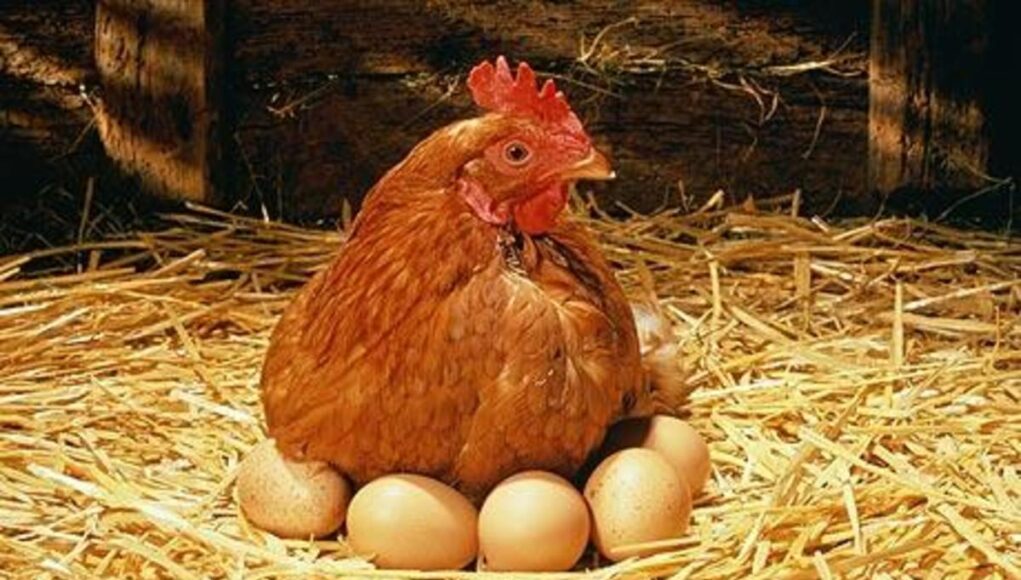Composting is an environmentally friendly practice that helps reduce waste and enriches the soil. Many people wonder if they can include cracked eggs in their compost pile. The answer is yes, and it’s a simple process. Learning how to compost cracked eggs not only adds valuable nutrients to your compost but also reduces kitchen waste.
Understanding where eggs come from and how they are produced can provide insight into why composting them is beneficial. Chickens play a crucial role in this cycle. You can learn more about at what age chickens start laying, or explore the factors that make backyard eggs taste better.

Why Composting Cracked Eggs is Important
Cracked eggs are an inevitable part of dealing with fresh eggs. Whether they are white or brown eggs, both types can be composted effectively. Composting these eggshells provides a dual benefit: it reduces household waste and contributes to a nutrient-rich compost for your garden.
Nutrients Found in Eggshells
Eggshells are rich in calcium carbonate, a vital mineral that strengthens the cell walls of plants. Apart from calcium, they contain other minerals that benefit plant growth.
Steps to Compost Cracked Eggs
Preparing the Eggshells
Before adding cracked eggs to your compost, it’s important to prepare them properly. Start by rinsing the eggshells to remove any remaining egg whites or yolks. Clean shells are essential to prevent attracting pests.
Crushing the Eggshells
Once rinsed, allow the shells to dry. Crushing them into smaller pieces increases the surface area, allowing them to decompose quicker. This step is crucial to speed up the composting process.
Incorporating Eggshells into Compost
Adding Eggshells to the Compost Pile
Add the crushed shells to your compost pile and mix them in thoroughly. Eggshells provide a valuable source of calcium which is beneficial for the decomposition process.
Balancing Your Compost
Maintaining a balanced mix of greens and browns is essential for effective composting. Eggshells fall into the browns category and can help balance nitrogen-rich materials.
Benefits of Composting Cracked Eggs
Including cracked eggs in your compost pile enriches the soil by adding valuable nutrients. It also reduces waste, making your gardening and environmental efforts more sustainable.
Improved Soil Structure
Calcium helps reduce soil acidity and improves water retention, leading to healthier plant growth.
To delve deeper into how eggs are produced and their effect on soil and plants, consider reading about the effects of daylight on egg-laying and stages of egg formation.
Frequent Concerns While Composting Eggs
Handling Odor
Some may worry about odors when composting eggs. Proper crushing and mixing eliminate potential smell issues, as does maintaining a well-balanced compost pile.
Preventing Pests
To prevent pests from being attracted to your compost, ensure eggshells are clean and mixed thoroughly into the compost pile.
Troubleshooting Common Problems
Slow Decomposition
If your eggshells are decomposing slowly, ensure they are crushed and incorporated thoroughly. Larger pieces take longer to break down.
Other Composting Issues
Issues like smell or infestation can often be traced back to improper preparation of the shells. Regularly turning the compost pile can also accelerate decomposition.
Final Thoughts
Composting cracked eggs contributes substantially to a sustainable lifestyle. It’s a simple practice with significant environmental benefits, fostering a healthier garden and planet.

FAQ Section
Can all types of eggs be composted?
Yes, both brown and white eggs can be composted effectively once the shells are cleaned and crushed.
What should I do if I notice pests?
If pests are present, ensure your eggshells are clean and crushed. Also, regularly turn your compost to maintain aeration and balance.
Do eggshells need to be completely crushed?
While not absolutely necessary, crushing them accelerates decomposition and ensures a more effective composting process.
This article contains affiliate links. We may earn a commission at no extra cost to you.










